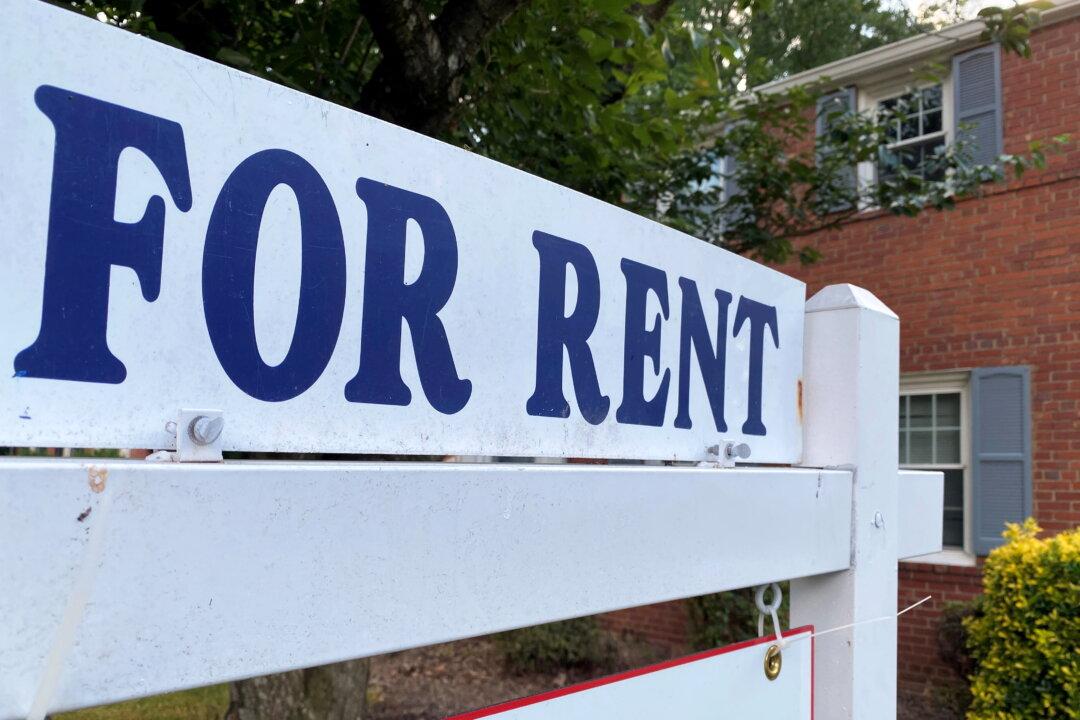Goldman Sachs economists predict that some 750,000 renter households are likely to lose their homes this year following the Supreme Court’s decision to block the federal eviction moratorium and the slow pace of emergency rental aid delivery.
Basing their prediction on rent delinquency data from real estate companies, federal agencies, and the National Multifamily Housing Council (NMHC), a trade and advocacy group for the apartment industry, Goldman analysts disclosed their prediction in a report released Sunday. It estimates that between 2.5 million and 3.5 million U.S. households are behind on their rent and, when the eviction moratorium expires at the beginning of October, between 1 million and 2 million households will face a higher risk of eviction.





